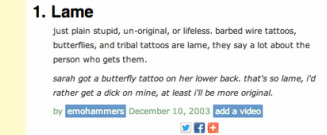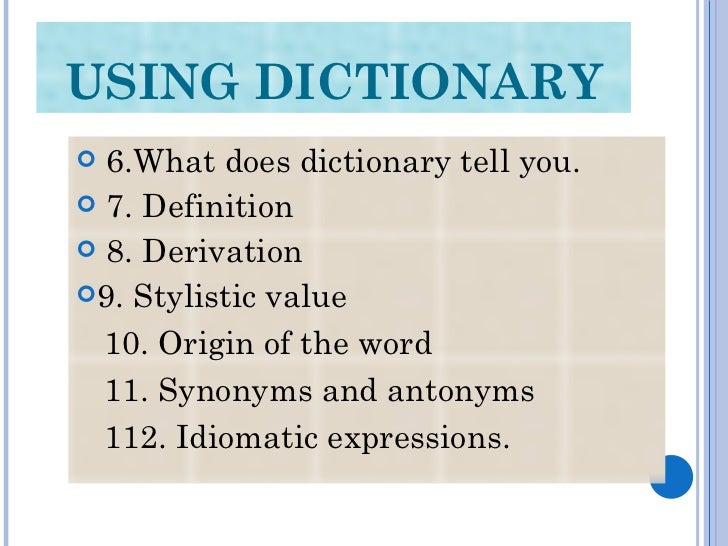
Īt about the same time, a new, pejorative use became prevalent in some parts of the world. By the end of the 20th century and beginning of the 21st century, the word gay was recommended by major LGBT groups and style guides to describe people attracted to members of the same sex, although it is more commonly used to refer specifically to men. In the 1960s, gay became the word favored by homosexual men to describe their sexual orientation. In modern English, gay has come to be used as an adjective, and as a noun, referring to the community, practices and cultures associated with homosexuality. While scant usage referring to male homosexuality dates to the late 19th century, that meaning became increasingly common by the mid-20th century. The term originally meant 'carefree', 'cheerful', or 'bright and showy'. Something “happy” can be considered “favored by God.” Something “favored by God” can be considered “holy,” and so “innocent,” which may be said of a small animal or child who is “harmless” or “defenseless.” (Are you following us so far?) And if you can’t protect yourself or you lack power, you might be considered “worthless” or “miserable”-and so silly apparently jumps to “foolish.Gay is a term that primarily refers to a homosexual person or the trait of being homosexual. It’s hard to say why, exactly, but there may be something of a through-line in the incredible sense development of silly.

The word acquired the senses of “holy, innocent, helpless,” then “pitiable” and “insignificant,” then “simple” and “ignorant.” By the mid- to late 1500s, silly had gained the meaning of “lacking good sense, foolish, irrational, ridiculous.” And sǣl meant “happiness.”ĭuring Middle English (c1150–1475), this gesǣlig developed into new forms (see our entry at the archaic word seely) and many new senses. That – ig became – y, which is all over English today, as in juicy or dreamy.

That ge- is an Old English prefix that was effectively lost. Silly ultimately comes from the Old English (c.450–c1150) word gesǣlig, meaning “happy, blessed.” Talk about language change! Let’s break this gesǣlig down. Among the oldest recorded senses of silly-or, more accurately, the word that became our modern word silly-was “spiritually blessed.” Those senses are recorded in the early 1200s. For example: The politician’s promises were nothing but silly pipedreams.īut care to guess what the original sense of silly was? “ Blessed.” We’re not being silly. Something silly can also be, more dismissively, stupid. Today, we generally use the word silly to describe something as “foolish.” Something silly can be amusing, as when kids make silly faces or play silly games. And as we see in the case of silly, the meaning of words can develop in some remarkable ways.

The underlying structures of a language can shift. The sounds and forms of a language can morph. But what does that mean exactly? Well, the story of the word silly is one clear-and fascinating-illustration. We are definitely guilty of saying that here at.

You have probably heard someone say that language is constantly changing.


 0 kommentar(er)
0 kommentar(er)
